
1960s-70s
- Home
- 1960s-70s
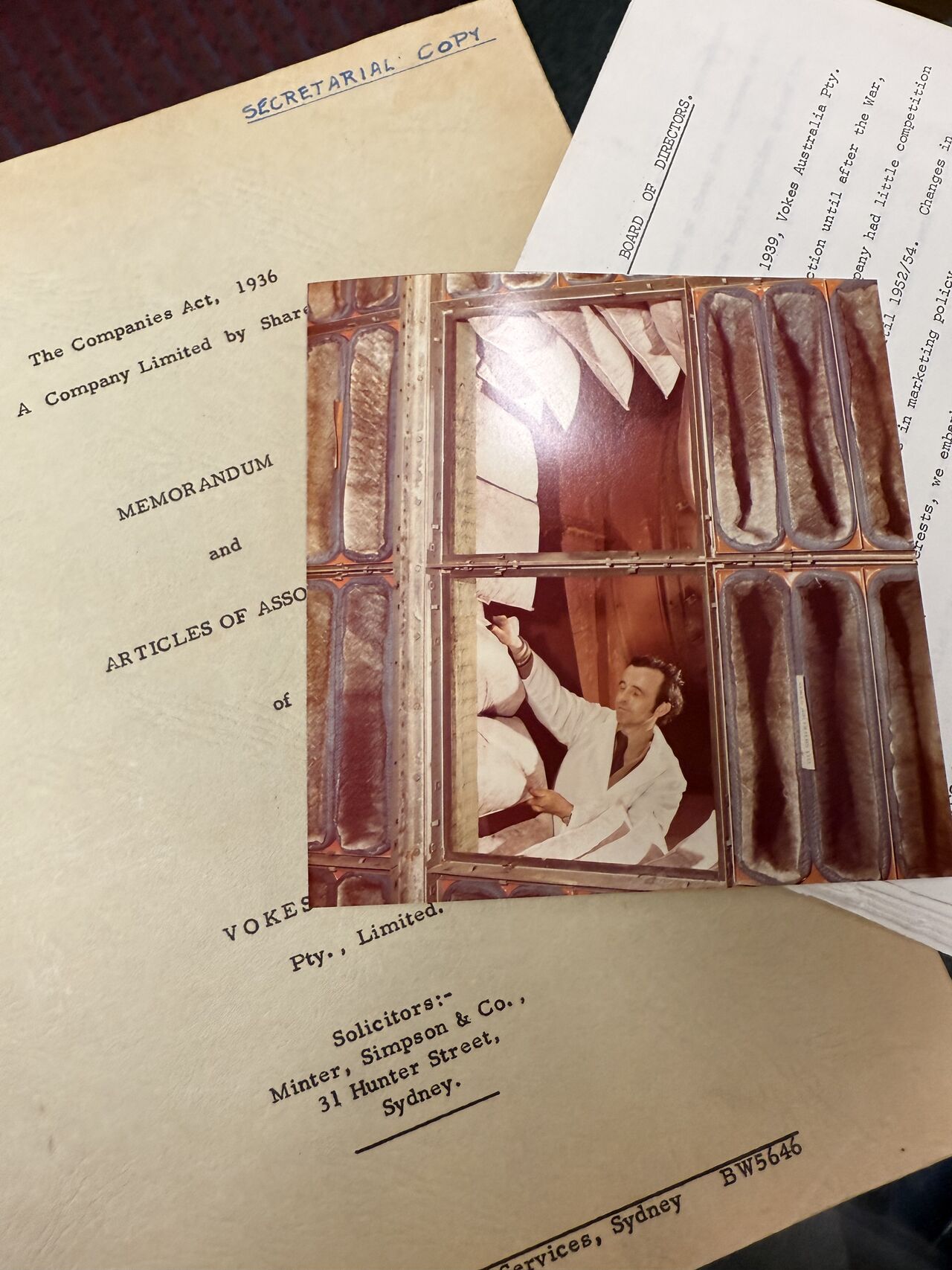
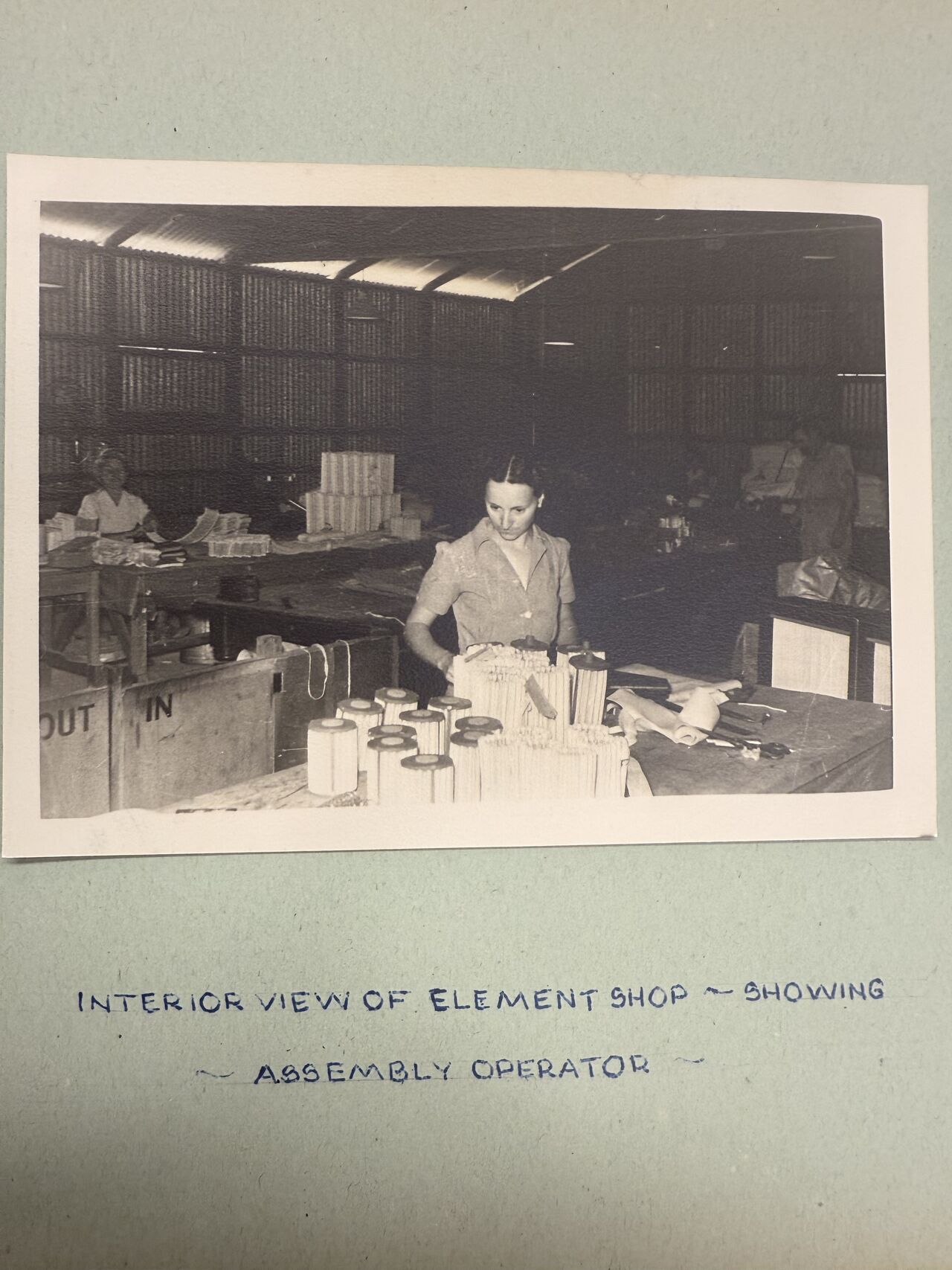
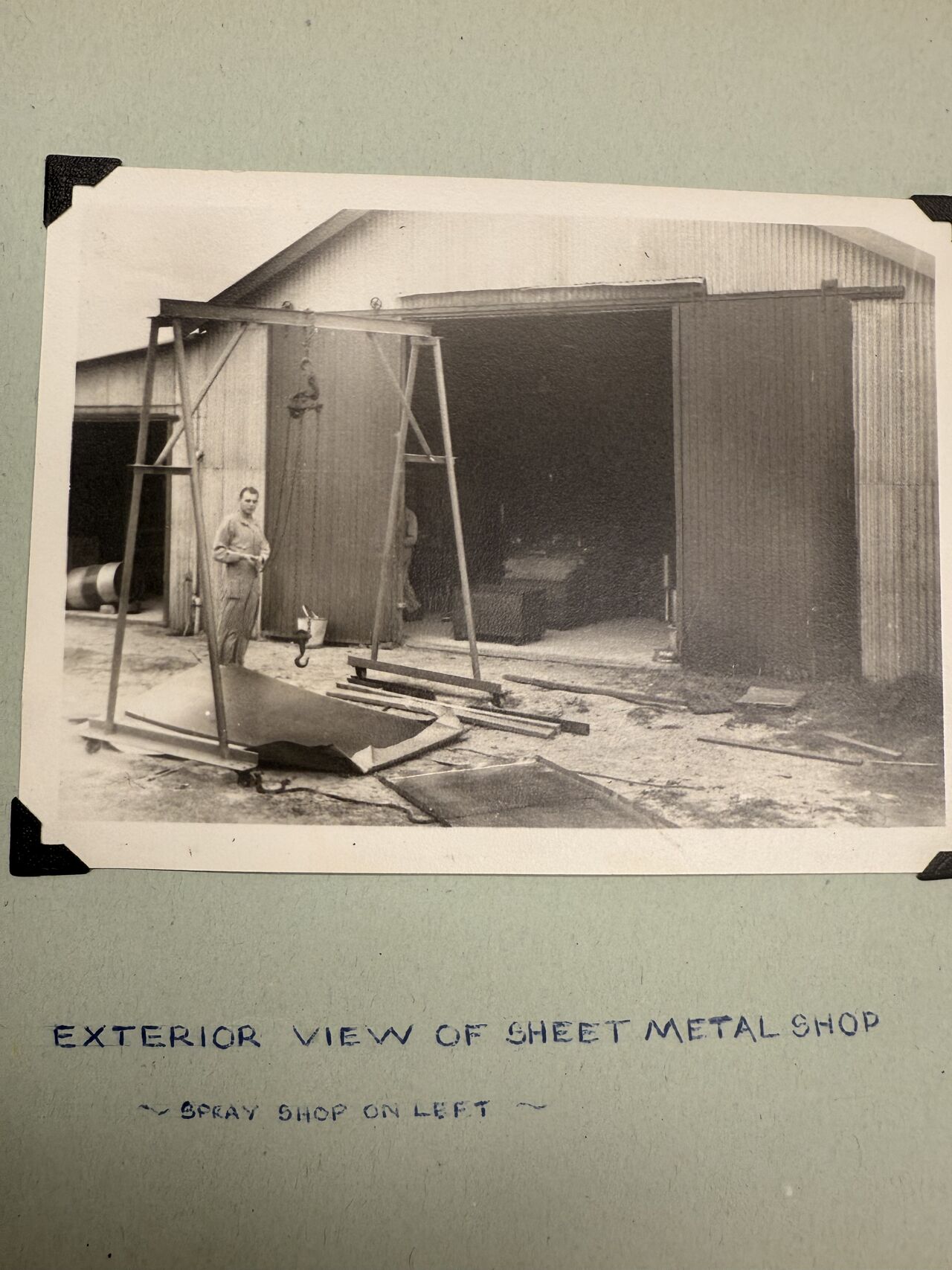
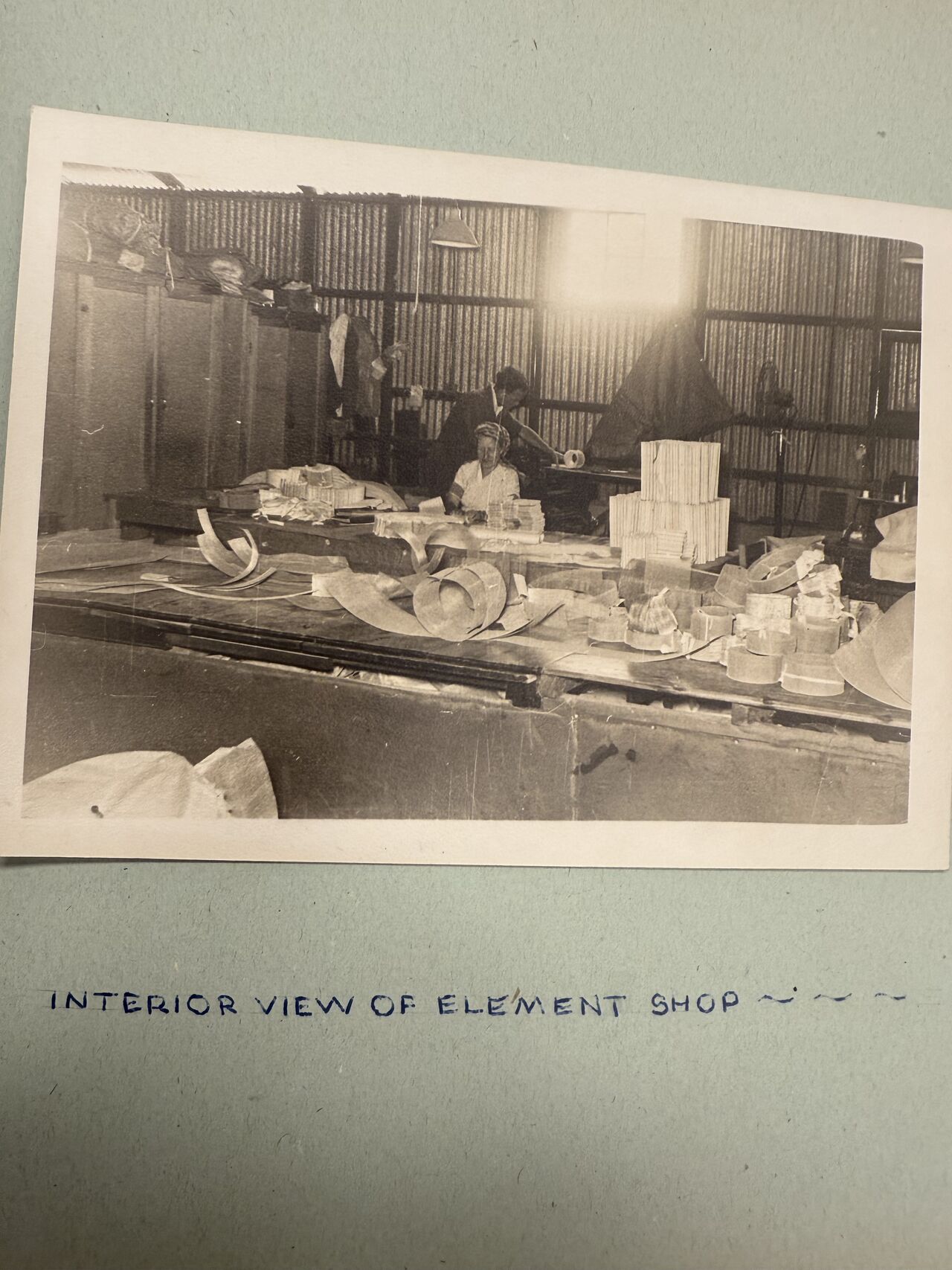
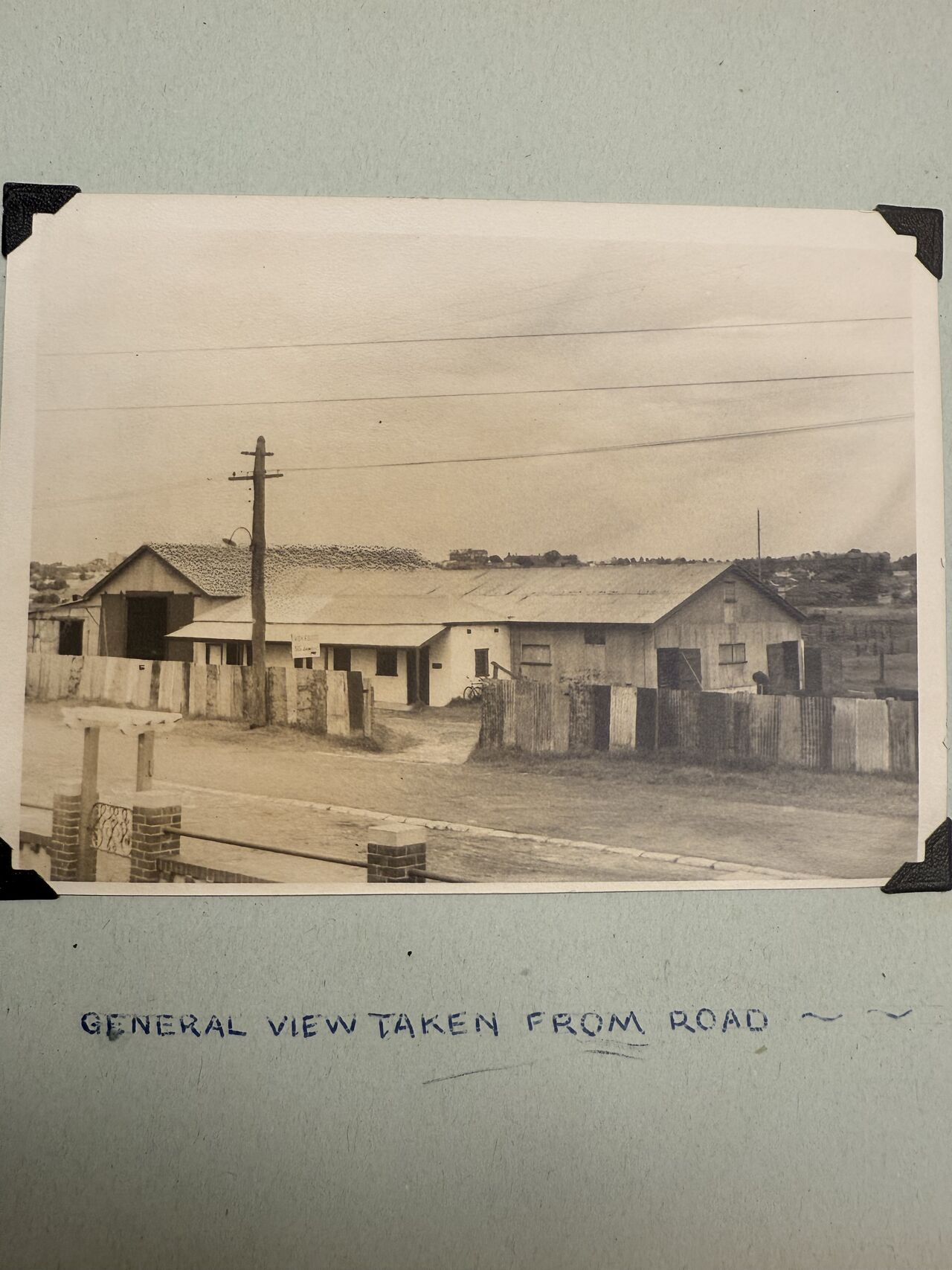
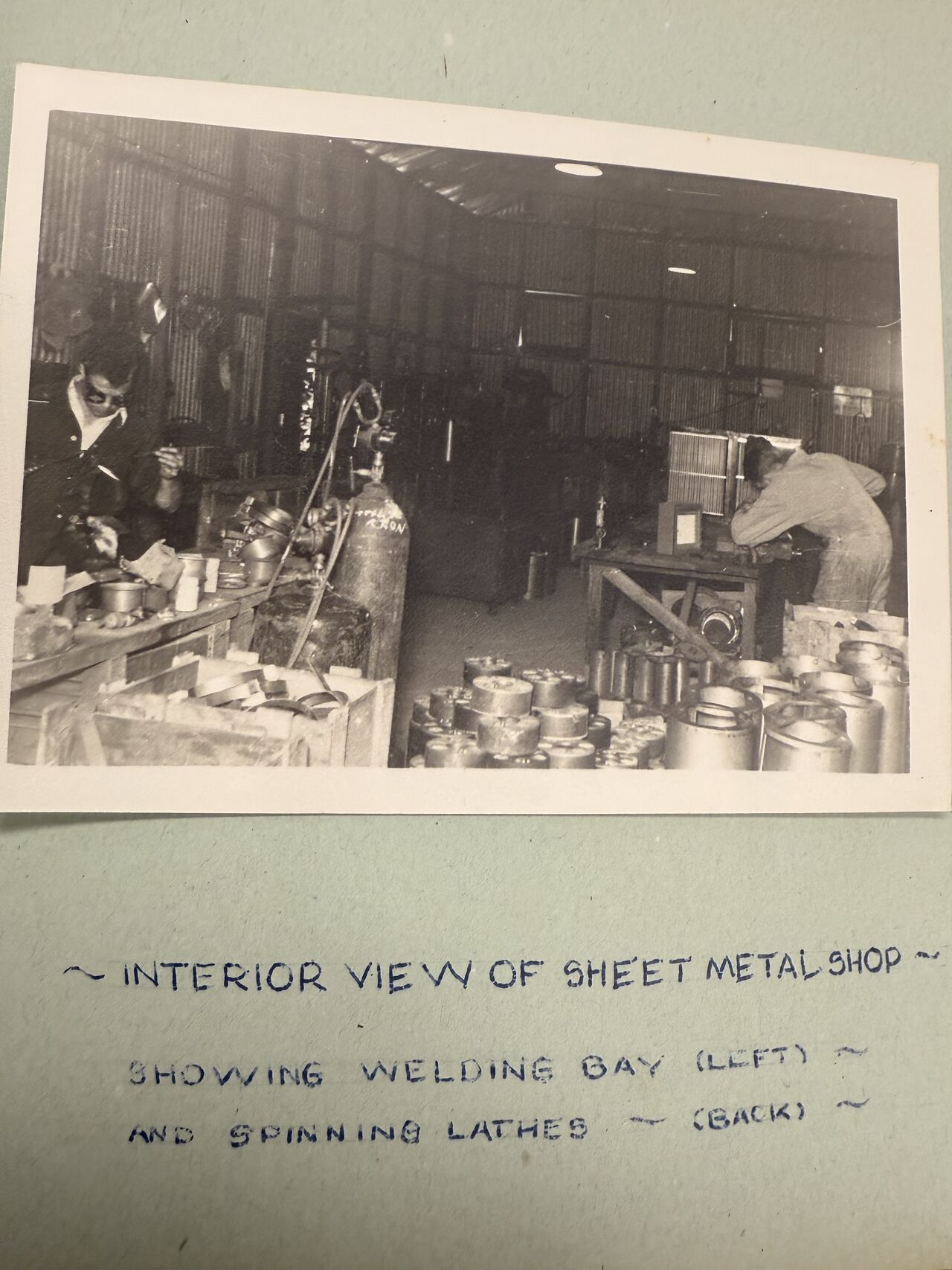
Welcome to the 60s
Heading in to the 1960’s / 70’s Vokes Australia continued to evolve away from its UK based roots. Having operated post-war till 1952/54 with little competition, it was then Ryco-G.U.D., a Victorian manufacturer, that would surpass Vokes as the main supplier of Automotive replacement filters.
In a report to the board of directors in 1965, P. Crane, outlines a need to evolve the Australian operations away from the business in the UK; expanding its existing workshop to incorporate the manufacture of more products lines, retain the right to review products and designs that had been rejected by the UK and to set up its own laboratory including a sodium flame test rig – a move that would later help to shape the filtration industry in Australia.
The report also detailed the challenges that the Australian business faced at the time: import licence loopholes were being exploited by low-cost suppliers and restrictive R&D constraints imposed from abroad. While some of those pressures still exist today, Vokes maintains full control of its product development and supports it with its NATA accredited filtration test facility.
1970s
In the 1970s, Vokes Australia was acquired by Thomas Tilling and restructured into DCE Vokes. It was later absorbed by BTR through a 1983 takeover, operating alongside Email Air Handling as part of BTR’s industrial products portfolio and broader corporate branding strategy. This arrangement continued until 2000, ultimately leading to the formation of AES Environmental. Unlike its predecessor, AES recognised the strength of these established brands, Vokes, Email, Clyde-Apac and others, and brought each to the forefront, prioritising their history, individual identity and technical contribution.
Vokes has undoubtedly left its mark on the landscape of the Australian filtration industry. It’s legacy continues to influence standards, methods and mindset of the industry.
Stay tuned over the coming months as we continue our lookback at the history of Vokes’ journey of becoming a staple of trust across industries in Australia.
Contact Info
- 9A Pembury Road, Minto, NSW
- 1300 550 116
- 1300 550 117
- sales@aesenvironmental.com.au